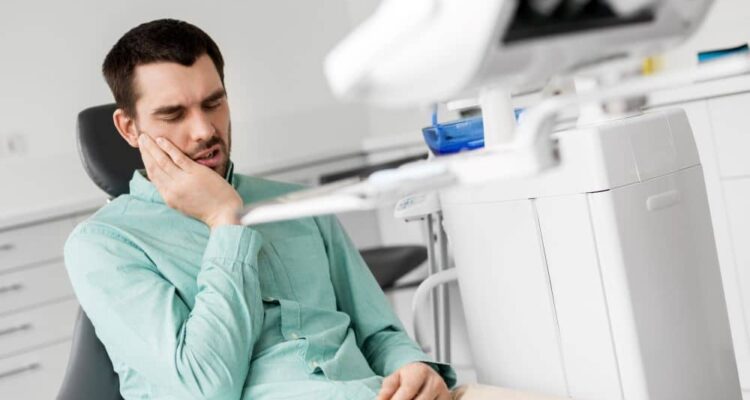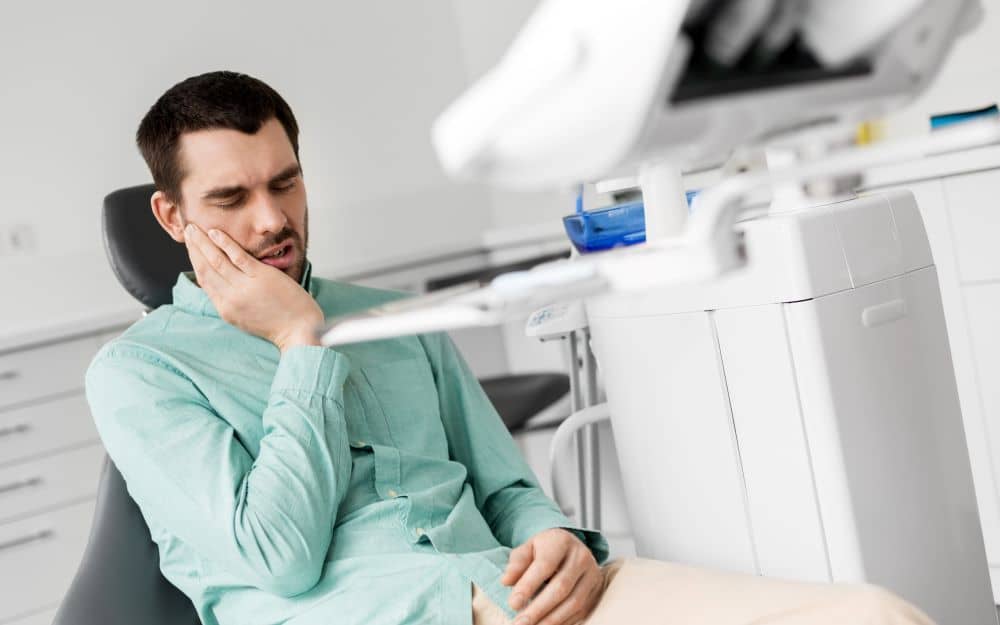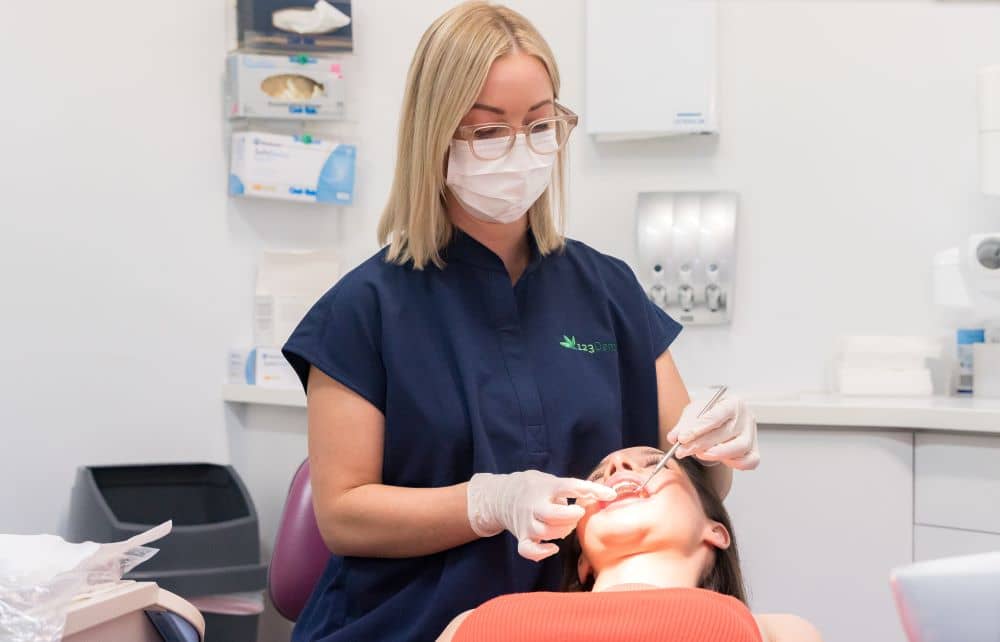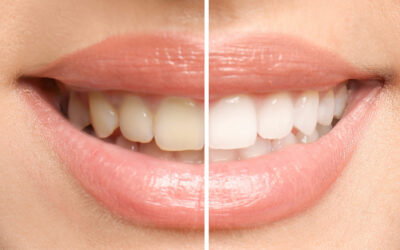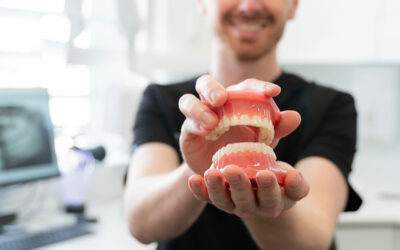Regularly seeing your dentist for dental checkups is important. However, certain situations are considered dental emergencies and need to be addressed immediately.
Here, we’ll go over what qualifies as a dental emergency and what to do until you can receive treatment.
What Is a Dental Emergency?
Dental emergencies typically involve a serious injury to the face or mouth or severe pain. When in doubt, contact your dental provider to receive help assessing the situation.
Here are common examples of dental emergencies:
- Bleeding – Severe, uncontrollable, or excessive bleeding of the gums or individuals who have sustained a serious injury to the mouth
- Extreme pain
- A loose tooth
- A missing filling or broken crown
- A tooth that has been knocked out
- A chipped, cracked, or broken tooth
- Abscesses
- Swollen jaw or mouth
- Severe toothache
- Signs of infection
What to Do if a Tooth Is Knocked Out
If you have a tooth or teeth displaced or completely knocked out, it is important to schedule an appointment with your dentist immediately.
A tooth that has been knocked out can usually be saved and replaced if you are treated within half an hour of losing the tooth. To help increase the chances of saving your tooth, follow these steps until you can be treated by a dental provider:
- Call your dentist to schedule an appointment right away and follow any steps your dental provider gives you
Retrieve the tooth - Handle the tooth by the crown, not the root (handling the tooth by the root can damage cells that will help with reattachment)
- Rinse the tooth (avoid scrubbing it)
- Store the tooth in the injured person’s mouth or in milk (these methods help prevent the tooth from drying out and also help control unwanted bacteria)
- If you are unable to find the tooth or are storing the tooth elsewhere, gently apply gauze to the affected area
What to Do if a Tooth Is Fractured
A broken tooth can usually be restored or extracted to prevent further complications.
If you experience a broken or fractured tooth:
- Contact your dental provider and schedule an appointment immediately
- Rinse the mouth out with warm water
- Apply an ice pack or cold compress to the affected area
Depending on the location, minor fractures usually require minimal treatment. Moderate fractures may require a root canal or crown. Severe fractures may lead to the loss of a tooth.
What to Do With a Loose Tooth
Sometimes a tooth may be moved out of position without being completely broken or knocked out. In this case, your dental provider may be able to reset the tooth into its proper place. In the meantime, take the following steps:
- Gently reposition the tooth (take great care to avoid using too much force)
- Very carefully and gently bite down to help prevent the tooth from moving further out of place
- See your dentist as soon as possible for treatment
What to do With Bleeding or Ulcerations
Bleeding gums and ulcers typically indicate an infection. It is imperative to contact your dentist immediately and be evaluated as soon as possible to address the problem and prevent further complications.
How to Prevent Dental Emergencies
The most important step in preventing dental emergencies is staying up to date on your oral health and seeing your dentist for routine check-ups. These visits ensure that your dentist can detect signs of gum disease, decay, loose fillings, or infection as early as possible.
In addition to regular dental visits, the following habits can help prevent dental emergencies:
- Brush at least twice a day using a toothpaste with fluoride
- Floss at least once a day
- Replace your toothbrush regularly
- Wear a mouthguard during contact sports
- Reduce the amount of sugar you consume
- Follow your dentist’s aftercare instructions closely after any dental procedures
Contact 123 Dental for Your Oral Health Needs
If you are experiencing a dental emergency, remain calm and contact your dental provider as soon as possible. At 123 Dental, we are experienced in emergency dental care and are here to help you with all your dental needs.
Contact our caring team today to schedule a consultation or checkup and we will develop a customised treatment plan to address any dental concerns and help prevent any issues from developing into an emergency.
We offer a comprehensive range of dental services to help you maintain your healthiest mouth possible.


